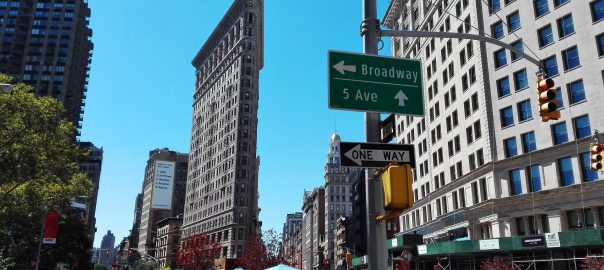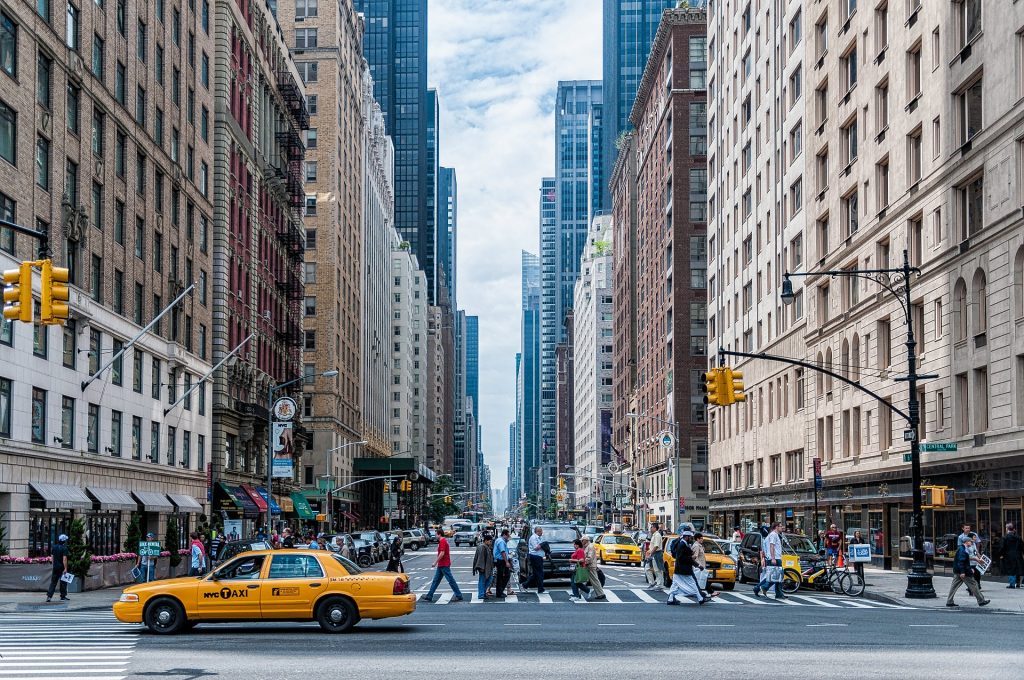Business leaders in Chicago want downtown full again. They say it’s safe, and the economy needs them. Getting people back to the office was the topic of a roundtable discussion with World Business Chicago and the Building Owners and Managers Association of Chicago. They emphasized that the city needs those 600,000 that used to populate the downtown area.
“Even if you can work from home, and many have and have figured it out, think about the shops you walk by from the train to the bus to get to the office and how many of those people need us,” said David Casper, CEO, BMO Financial Group. “As a bank that promotes commerce, it’s a bit of our responsibility.”
Some companies are considering bringing their office workers back after Memorial Day. Others are continuing with a hybrid schedule and work towards more people in the office later in the year. One problem is that many workers don’t feel safe on public transportation.
One key piece of the puzzle of getting people back to the office is increased vaccination rates. Illinois has about a 35% vaccination rate, but with safety protocols in place and financial incentives, downtown workers are getting vaccinated at a higher rate than the state in general.




